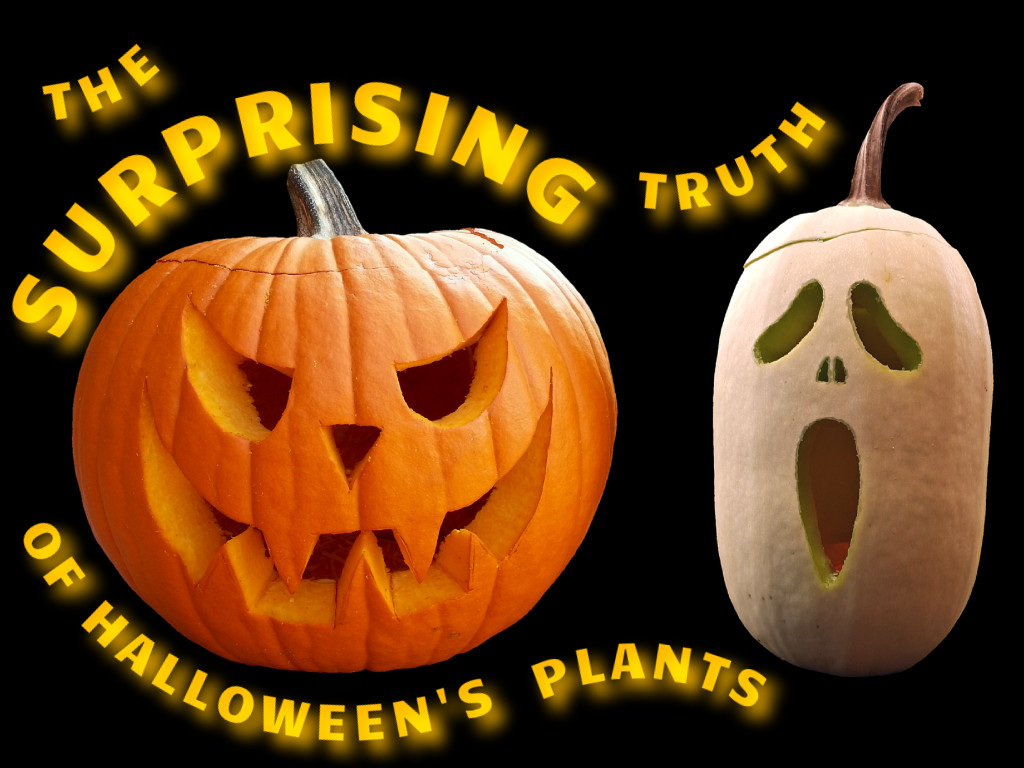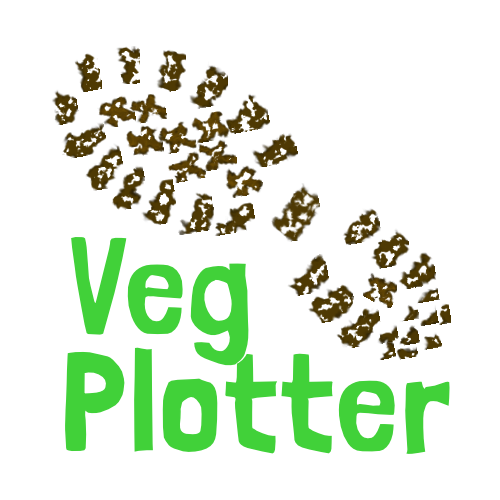Seed Saving for a Sustainable Future
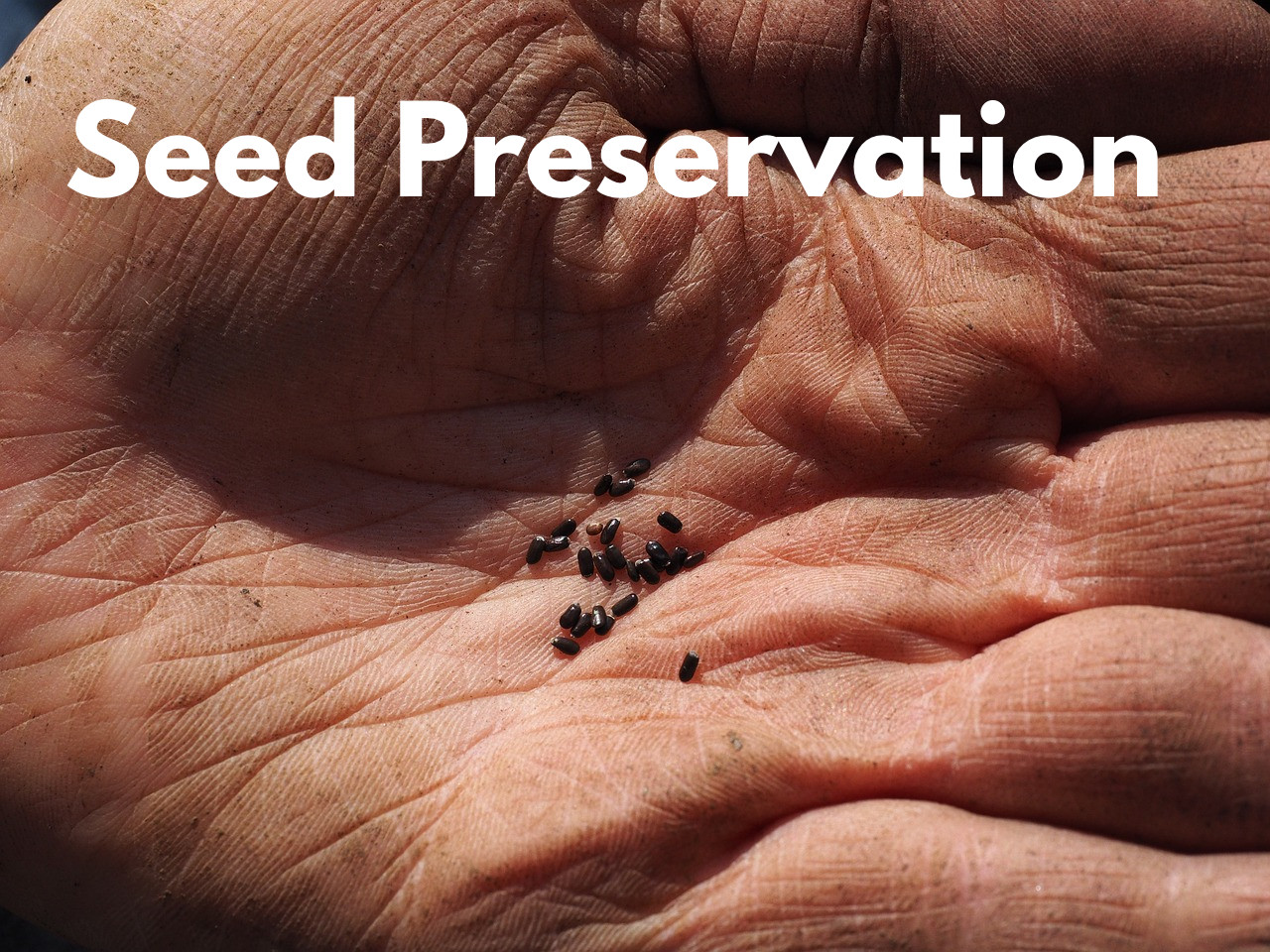
Saving Vegetable Seeds for a Sustainable Garden
In the quiet and bountiful month of September, there lies a golden opportunity in your allotment – one that not only preserves the legacy of your hard-earned harvest but also nurtures a sustainable future for your garden. Saving vegetable seeds is a practice deeply rooted in tradition, offering a frugal and eco-conscious means to ensure the cycle of growth endures from one season to the next.
Seeds to Save for Planting Next Year in the UK
Here are some seeds you can save from your allotment for planting next year in the UK:
- Tomatoes: Harvest seeds from ripe, fully mature tomatoes. Squeeze the seeds out, rinse them, and let them dry on a paper towel. Once dry, store them in a cool, dry place.
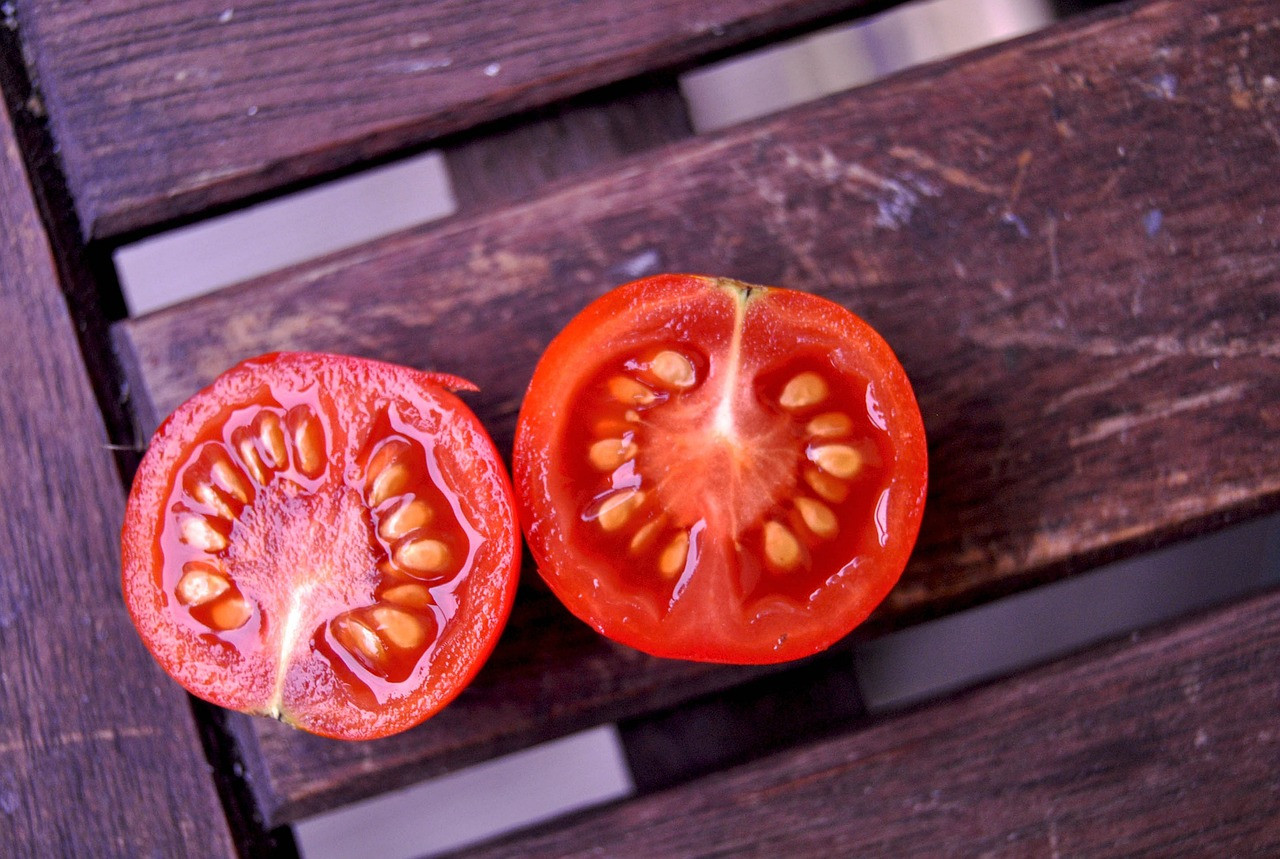
-
Peppers: Similar to tomatoes, you can save seeds from fully ripe peppers. Clean and dry them thoroughly before storing.
-
Peas: Allow a few pea pods to mature and dry on the vine. When they are fully dry, remove the peas from the pods and store them in a cool, dry place.
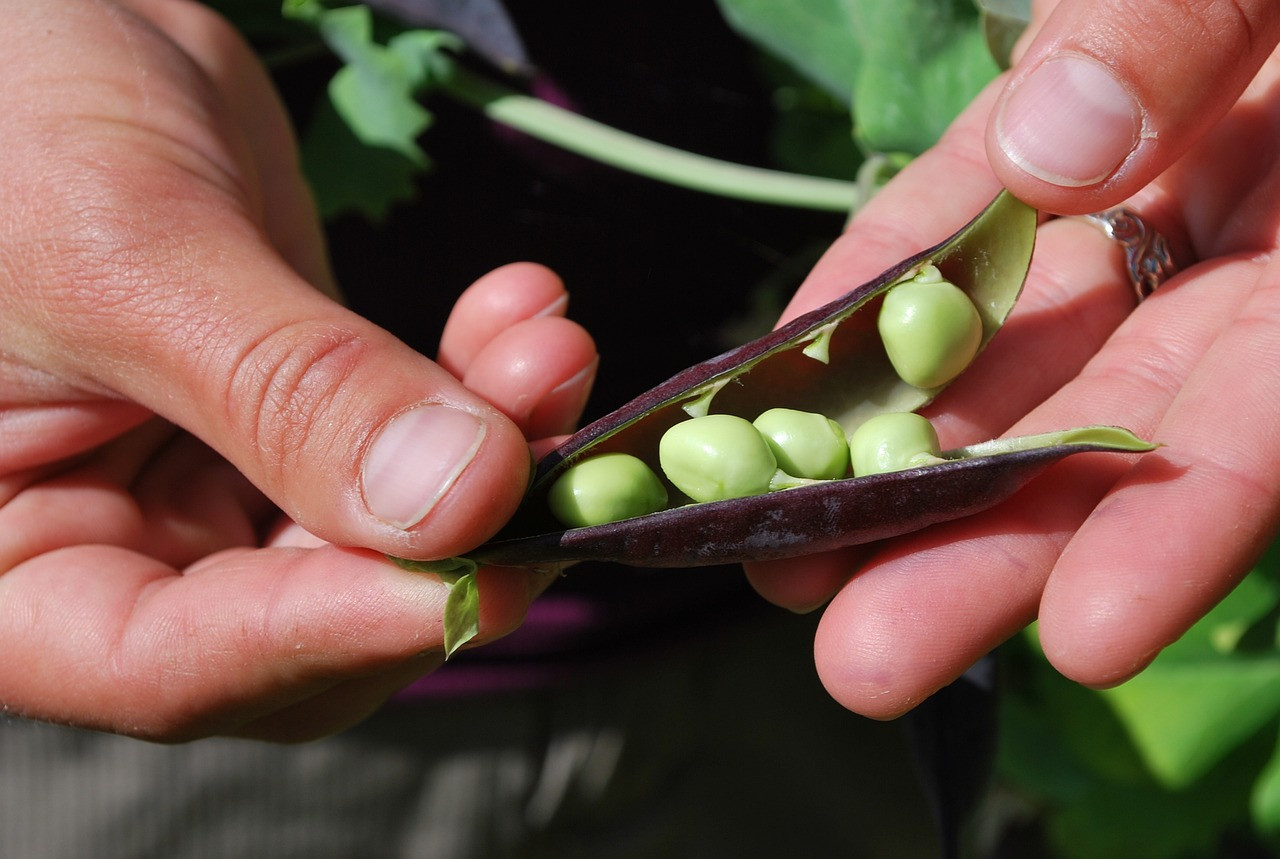
-
Beans: Let some of your bean pods dry on the plant until they become crispy. Remove the beans from the pods and store them for planting next year.
-
Lettuce: Let a few lettuce plants bolt and go to seed. Once the seed heads are dry, collect the seeds and store them in a cool, dry place.
-
Chard: Allow a chard plant to bolt and produce seeds. Harvest the seeds when they are fully dry.
-
Herbs: Many herbs produce seeds that you can save. Examples include basil, cilantro (coriander), and dill. Let the plants flower and go to seed, then collect the seeds.
-
Cucumbers: You can save cucumber seeds by allowing a cucumber to fully ripen on the vine. Scoop out the seeds and let them dry before storing.
-
Squash: Save seeds from mature, fully developed squash. Clean and dry them before storing.
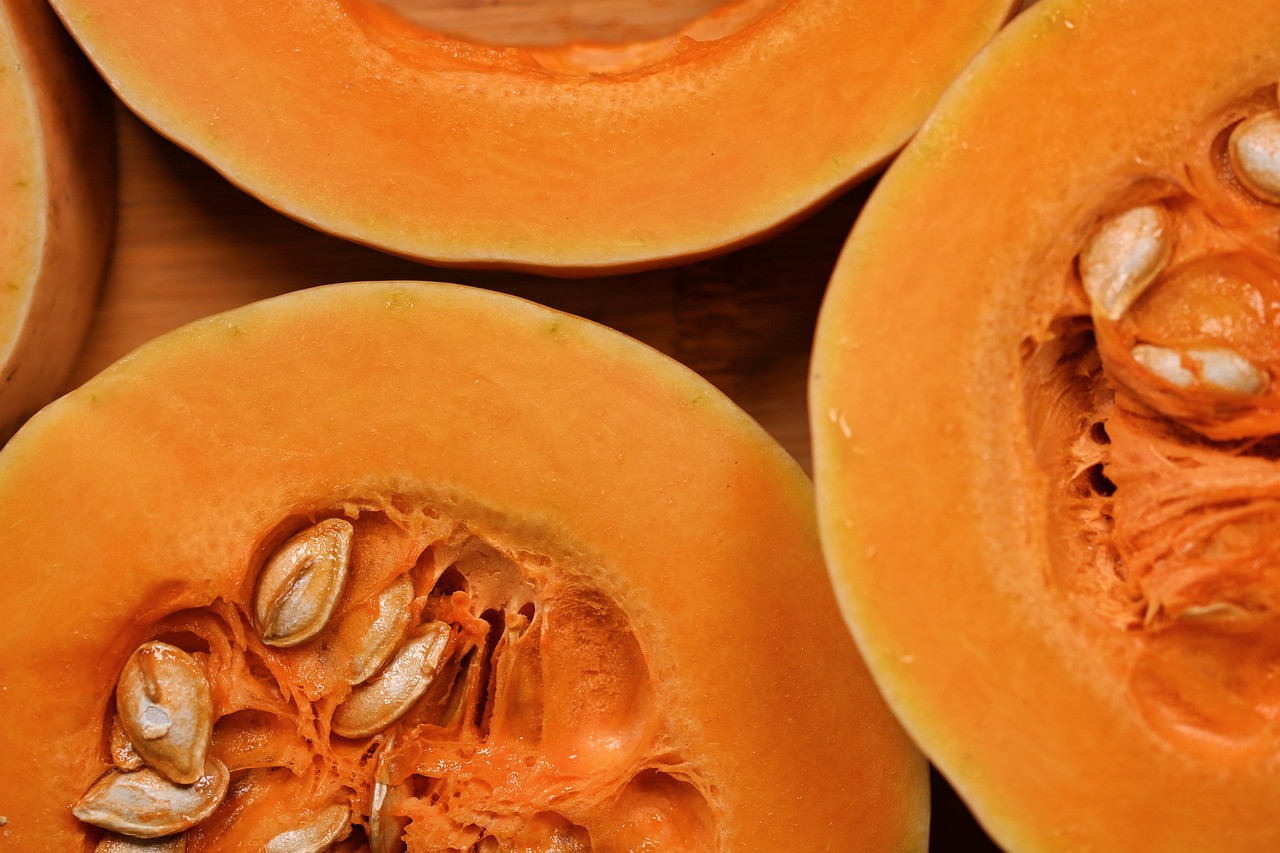
-
Radishes: Allow some radishes to bolt and produce seed pods. Harvest the pods when they are dry and brown, and then extract the seeds.
-
Carrots: Carrot seeds are a bit more challenging to save because they are biennial. You'll need to overwinter some carrot roots and replant them in the spring to produce seeds in the second year.
Remember to label and store your saved seeds in airtight containers in a cool, dry place. Properly stored seeds can remain viable for several years. Additionally, it's essential to ensure that the plants you are saving seeds from are open-pollinated or heirloom varieties, as seeds from hybrid plants may not produce offspring with the same characteristics.



